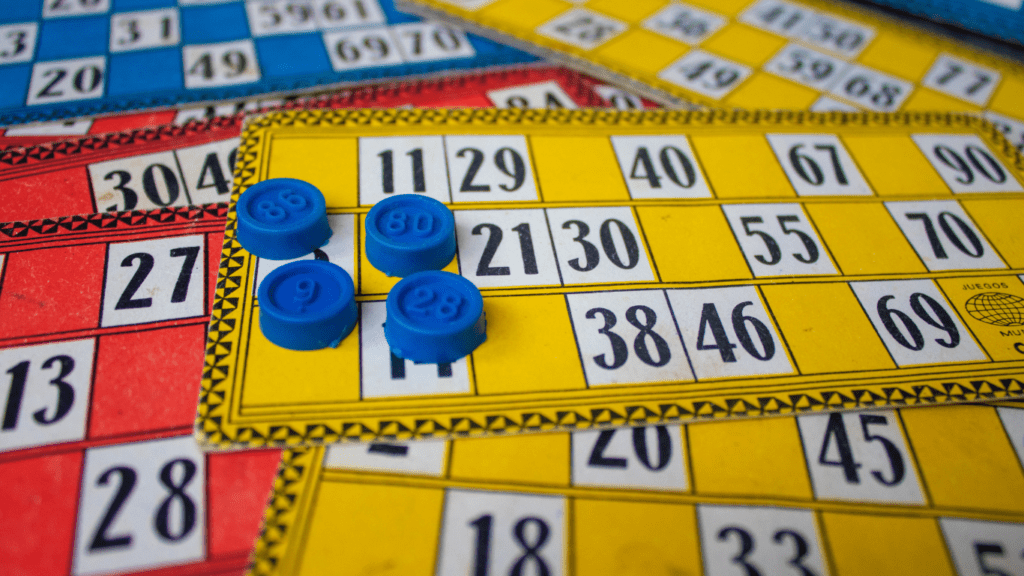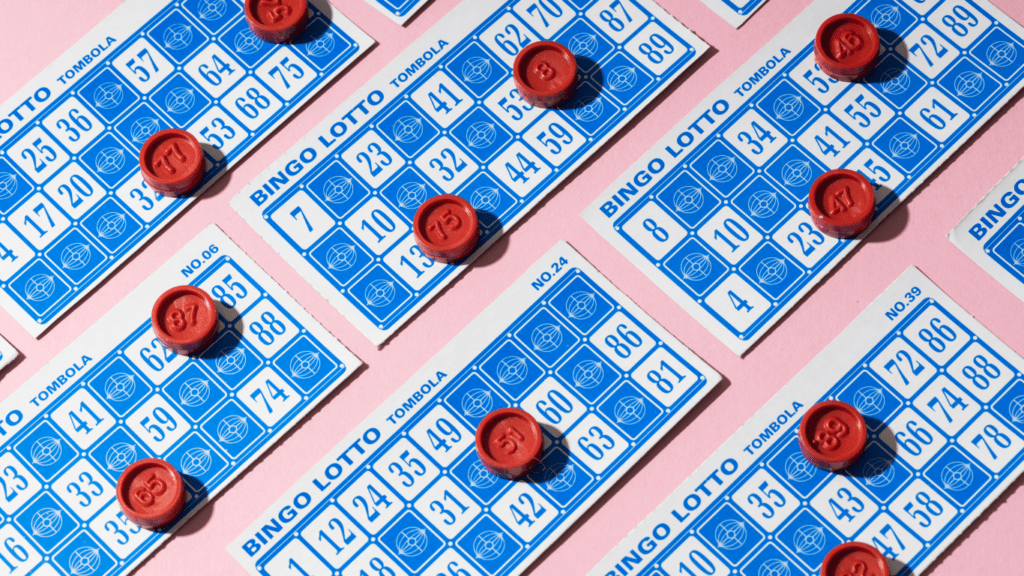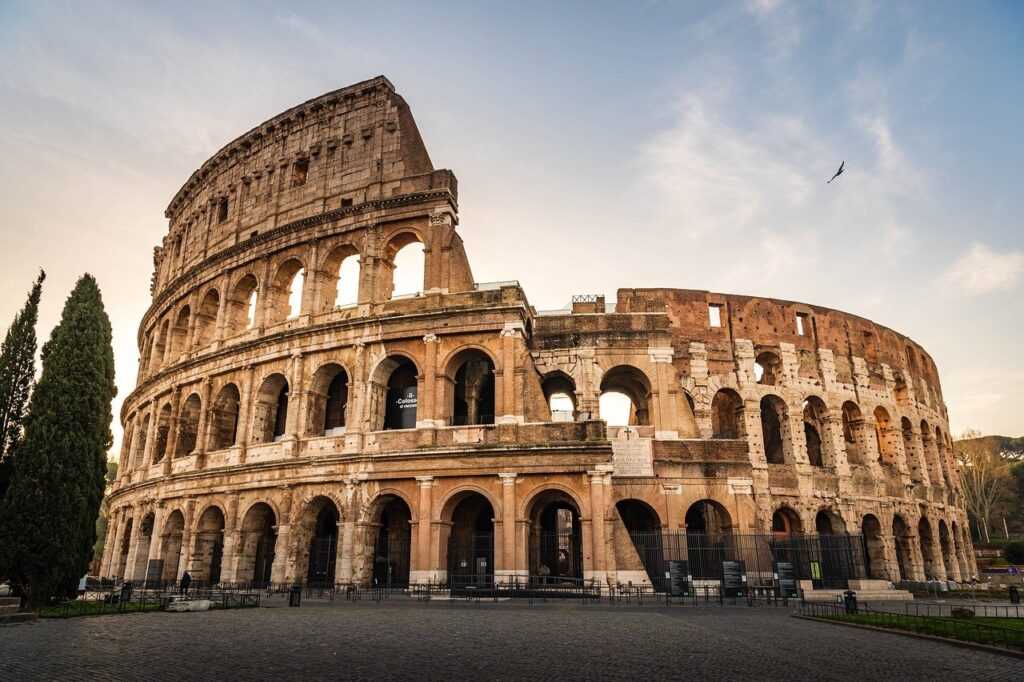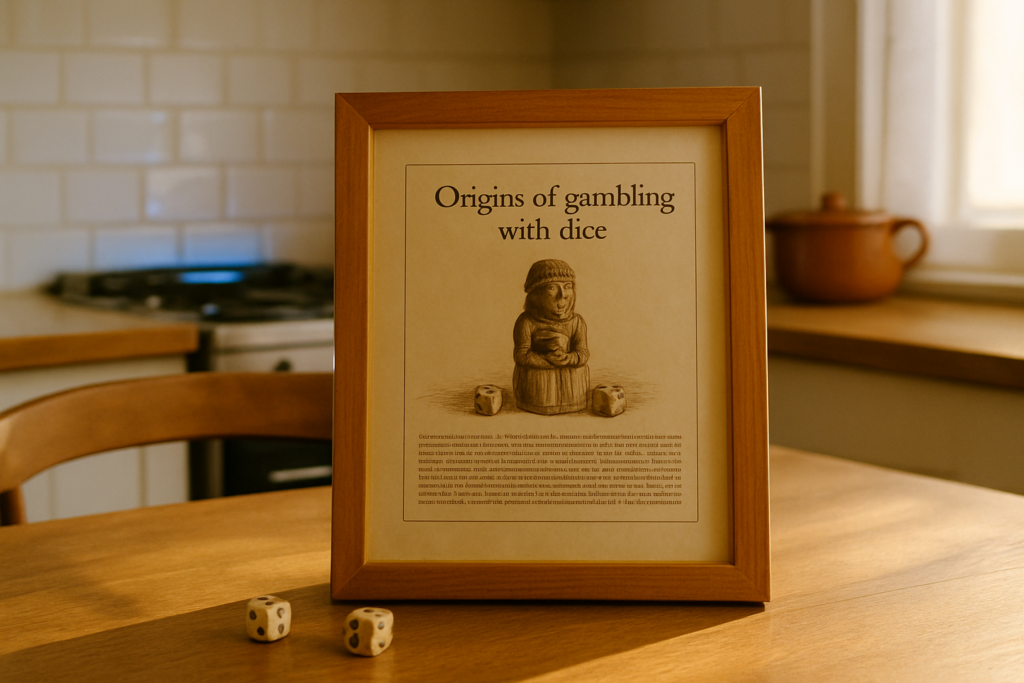Delving into the captivating world of lottery games unveils a rich tapestry of history that stretches back to ancient civilizations. From the first recorded lotteries in China around 200 BC to the multimillion-dollar jackpots of today, the evolution of these games mirrors the shifts in societies and cultures over the centuries.
Exploring the roots of lotteries offers a fascinating glimpse into how these games transcended time and borders, captivating the imagination of people worldwide. As I journey through the historical timeline of lottery games, I’ll unravel the threads that connect past practices to the modern-day lottery craze, shedding light on the enduring popularity and allure of these games of chance.
Join me on a historical expedition through the annals of lottery games, where each draw holds the promise of changing fortunes and where luck has been a constant companion throughout the ages.
Ancient Origins of Lotteries
Lotteries have a rich history that dates back centuries, with their origins rooted in ancient civilizations. These games of chance have captivated people for generations, offering a glimpse into the past and the evolution of society.
Early Beginnings of Lottery Games
In the early stages of lottery games, ancient peoples used various methods to draw lots and determine outcomes. These early lotteries were not just forms of entertainment but also played significant roles in decision-making processes, such as selecting leaders or allocating resources.
Evolution of Lotteries in Ancient Civilizations
As ancient civilizations flourished, so did the evolution of lotteries. From China’s Han Dynasty to the Roman Empire, lotteries took on different forms and purposes. These games became intertwined with cultural practices, religious ceremonies, and even funding public projects, showcasing their versatile nature across diverse societies.
- Lotteries in the Middle Ages
During the Middle Ages, lotteries played a significant role in shaping societal structures and funding various projects. They were not just games of chance but also tools that influenced social dynamics and financial resources.
- Influence of Lotteries on Society during the Middle Ages
Lotteries in the Middle Ages were more than just entertainment; they were used to finance important endeavors such as the construction of bridges, churches, and schools. Additionally, these games were often employed by ruling authorities to raise funds for public works projects and enhance social welfare.
Modern Lottery Systems
Lottery systems have undergone significant transformations over the centuries, adapting to technological advancements and changing societal needs. Let’s delve into the evolution of lottery mechanisms, from manual drawings to sophisticated automated systems.
Transition from Manual Drawings to Automated Systems
In the realm of lottery games, the shift from manual drawings to automated systems marked a pivotal moment in their history. The introduction of computerized random number generators revolutionized the way lottery draws were conducted, ensuring fairness and transparency in the selection process. This transition eliminated the need for physical draw machines and human intervention, streamlining the draw process and enhancing efficiency. Automatic systems not only accelerated the speed of draws but also minimized the margin of error, bolstering the credibility of lottery outcomes. The integration of technology into lottery systems has not only modernized the gaming experience but also increased accessibility for players worldwide.
Popularity and Impact of Lotteries Today
Examining the contemporary landscape, lottery games hold a prominent place in society, with their popularity transcending geographical boundaries and cultural differences. The modern era witnesses a significant impact of lotteries on various aspects of life, ranging from entertainment to funding crucial public projects.
In today’s digital age, lotteries have seamlessly integrated into the online realm, expanding their reach and accessibility to a global audience. This technological advancement has revolutionized the way people participate in and engage with lottery games, making it easier for individuals to try their luck from the comfort of their homes.
The allure of enormous jackpot prizes continues to captivate millions of players worldwide, driving the widespread participation in lottery draws. The excitement and anticipation surrounding these games of chance contribute to their enduring popularity, with players eagerly awaiting the results to see if fortune smiles upon them.
Moreover, the impact of lotteries extends beyond entertainment, playing a pivotal role in supporting social causes and community development. Many modern lottery programs are designed to allocate a portion of their proceeds to charitable organizations, educational initiatives, and other public welfare projects, benefiting society at large.
Overall, the modern-day scenario underscores the sustained relevance and influence of lottery games, showcasing their ability to entertain, engage, and make a meaningful contribution to the betterment of communities around the globe.



 Bertha Richardonner is the dedicated author of Gamble Wise Roots, where she provides readers with in-depth insights into the gambling world. Her platform offers essential news and updates, simplifies casino basics, and breaks down the intricacies of odds.
Bertha’s passion for uncovering the history and evolution of casino games, along with her exploration of betting origins, empowers enthusiasts to approach gaming with greater knowledge and understanding.
Bertha Richardonner is the dedicated author of Gamble Wise Roots, where she provides readers with in-depth insights into the gambling world. Her platform offers essential news and updates, simplifies casino basics, and breaks down the intricacies of odds.
Bertha’s passion for uncovering the history and evolution of casino games, along with her exploration of betting origins, empowers enthusiasts to approach gaming with greater knowledge and understanding.
